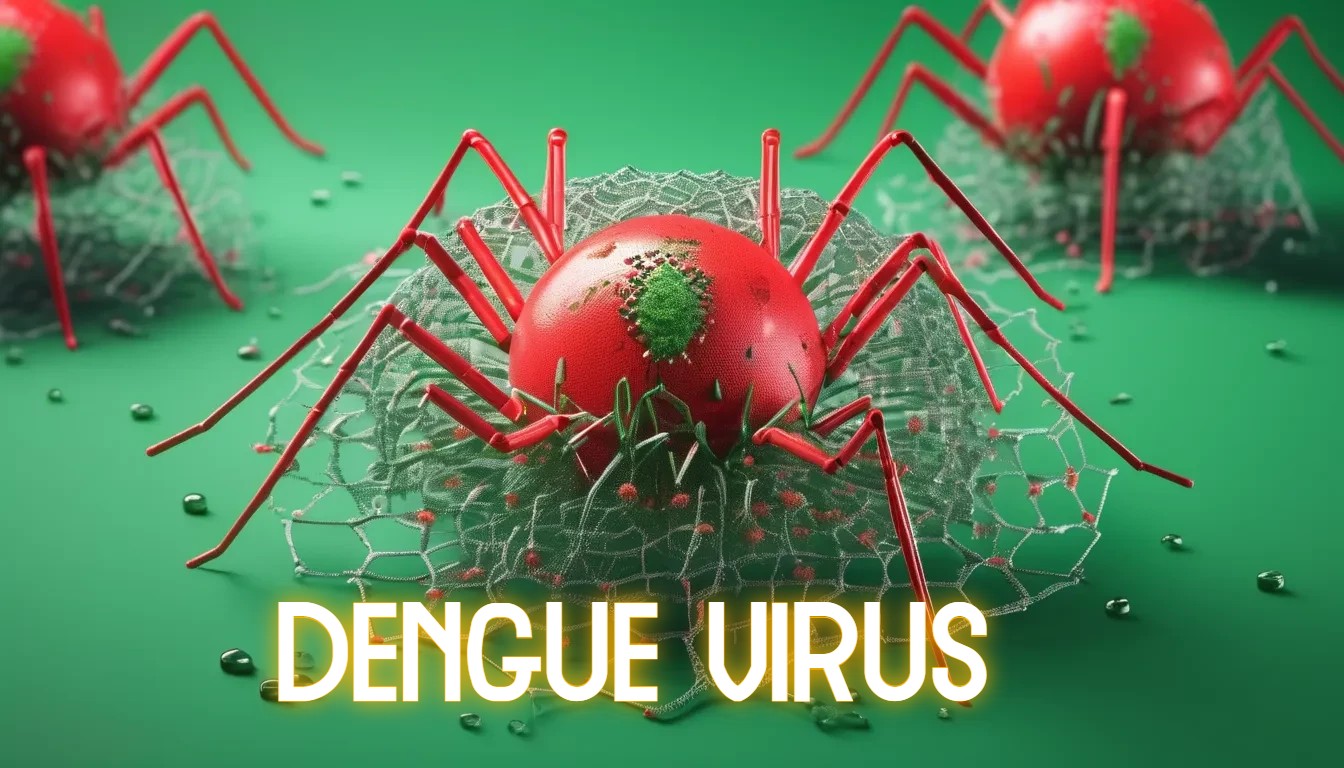What is Dengue Fever?
Dengue Fever Explained Dengue fever, commonly spread by mosquitoes, is a viral infection whose prevalence worldwide is staggering. It is also known as “breakbone fever” for its high-density muscle and joint pain.
The dengue virus (DENV) is an arbovirus primarily transmitted by Aedes aegypti mosquitoes.
The World Health Organization estimates that an average of 390 million infections occur per year, and tropical regions (Southeast Asia, Latin America, and Africa) are hotbeds for this disease.
A Realistic Scenario Maria, a 30-year-old teacher living here in Brazil, came down with a sudden fever with extreme tiredness.
Within a few days, her symptoms became a rash and unbearable pain, a classical dengue case, as many other sufferings highlight.
Table of Contents doctorbook
Causes of Dengue Fever
The Role of The Mosquitoes
Dengue is spread through bites from infected female Aedes mosquitoes. Unlike malaria-carrying mosquitoes, Aedes feed during the day and increase the chances of transmission in the early morning and late afternoon.
Four Strains of the Virus
There are four dengue virus serotypes (DENV-1 to DENV-4).
Infection with one strain provides lifelong immunity from that specific strain but only temporary protection from the others.
Another infection with a different strain increases the risk of progressively severe dengue.
Expert Opinion: Dr. Ana Lopez, an epidemiologist, remarks, “With climate change and urbanization, the growth of the mosquito habitat is on the rise; thus, a larger group of people are exposed.”
Dengue Fever Symptoms From mild to severe
Symptoms appear 4–10 days after the mosquito bite:
- -Sudden fever (104°F)
- -Severe headache; like burning eyes; muscle/joint aches
- -Nausea, vomiting, or rash
- -Mild bleeding (nose/gums)
Severe dengue (DHF): In 5% of the cases, symptoms will then prompt severe plasma leakage, organ failure, or death.
Types of Dengue Fever
Classic Dengue Fever:
The most common form is flagged by flu-like symptoms lasting 2–7 days.
Dengue Hemorrhagic Fever: (DHF)
Severe form presented with bleeding, low platelet count, and plasma leakage. Needs immediate medical attention.
Dengue Shock Syndrome. (DSS)
This involves disappointing low blood pressure, shock, and organ failure, all within a very important phase.
Treatments for Dengue Fever: Methods that work.
There are no anti-viral medicines that cure dengue. The goal of treatment is to relieve symptoms.
- – Hydration: Oral rehydration fluid or intravenous infusion to severe cases.
- – Pain Relief: Paracetamol (no NSAIDs like ibuprofen for bleeding risk).
- – Hospital Care: Severe dengues require monitoring for platelets and fluid levels.
Raj-a tourist from Thailand, recovered fully after being given IV fluids at just the right time during a decrease in his platelet levels.
Dengue fever vaccine: Progress and limitations
Dengvaxia (CYD-TDV)
The first vaccine, with an indication of use for previously exposed patients, targets ages 9 to 45 in high-risk settings.
Other New Vaccines
Takeda’s Qdenga; in others, broadening coverage for serotypes and age groups.
WHO States that vaccination is part of more extensive mosquito control strategies.
Antibiotics for treating this or that?
No. A viral agent, Dengue requires antibiotics against microorganisms. However, antibiotics such as amoxicillin may be reserved for cases of bacterial co-infection (e.g., pneumonia). Supply misuse could precipitate antibiotic resistance.
7 Warning Signs of Severe Dengue
In case any of these happens, you should see a doctor:
1. Severe abdominal pain
2. Persistent vomiting
3. Bleeding gums/nose
4. Blood in urine/stool
5. Rapid breathing
6. Fatigue/restlessness
7. Cold, clammy skin
Warning signals of severe dengue, emergency symptoms, and DHF signs.

Is Dengue Fever Contagious?
Dengue can not be transmitted from human to human. However, a mosquito harbors an infected person and transfers the virus to other individuals.
How long does dengue fever last?
- – Mild cases: 2-7 days.
- – Severe cases: More than 2 weeks; fatigue (sometimes) lasts for weeks.
Phases: febrile (day 1 to day 3), critical (day 4 to day 7), recovery (day 8 and onward).
Blood Tests for Dengue Fever
The NS1 Antigen test: Disease-causing virus can be detected in the first 5 days.
PCR Testing: Detection of viral RNA early in the disease.
Tests for Antibodies (IgM/IgG) Performed after day 5 to ascertain newer infection.
Expert Tip: Dr.Lee says, *”It’s all in the timing. Repeat tests if the first results are questionable.
Preventing Dengue Fever
- Eliminate stagnant water (flower pots and gutters).
- Apply mosquito repellents with DEET.
- Wear long sleeves and put window screens.
Community Action: In Singapore, public campaigns reduced dengue due to grassroots cleanup efforts.
Conclusion
Dengue fever is an ever-increasing global menace; however, awareness and prevention go a long way in saving lives. Symptoms should be recognized in the early stages, and mosquito bites should be avoided. Hold favorable control measures in the community.
Thanks for visiting doctorbook.online